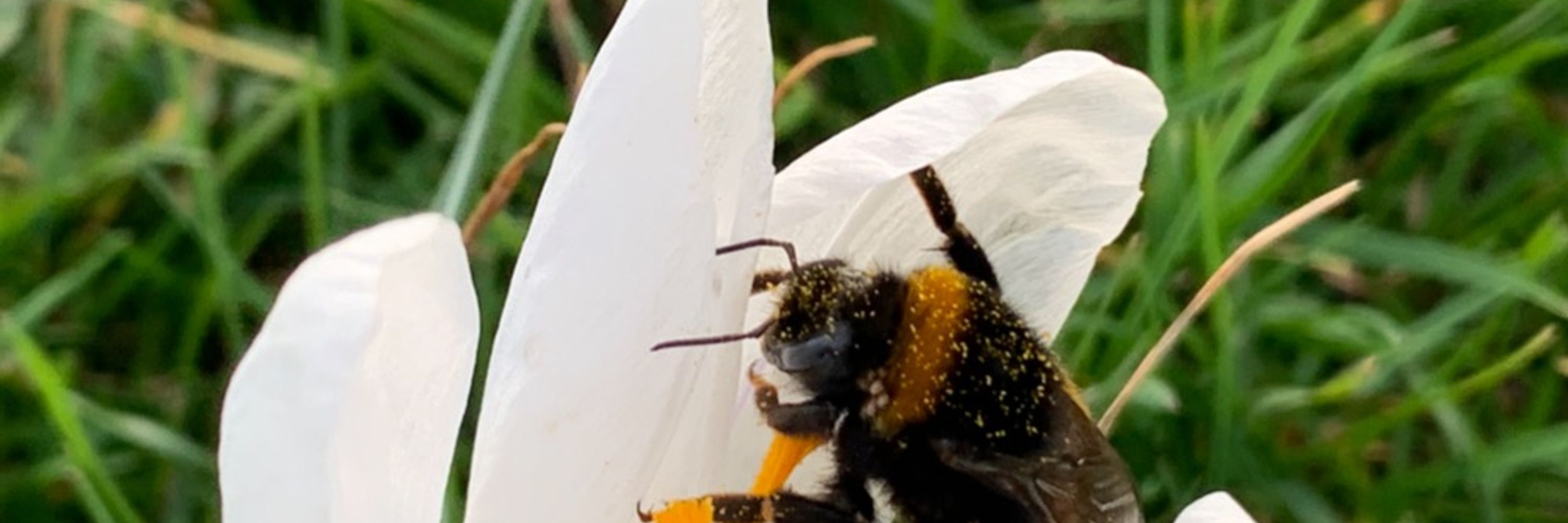
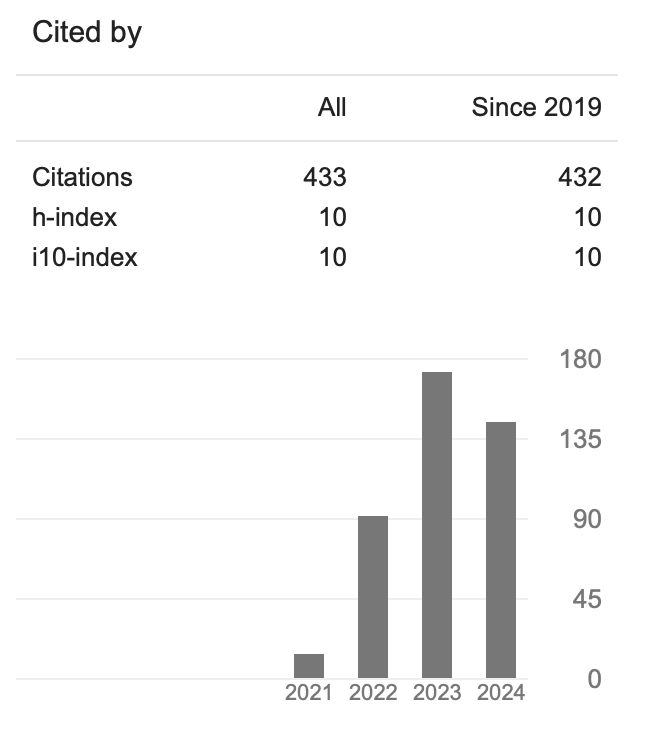
We report, for the first time, the scale of how many different pesticides are on sale in the UK and Ireland.
Nearly 2,500 different pesticides are on sale in the UK, from 266 different active ingredients.
doi.org/10.1016/j.di...
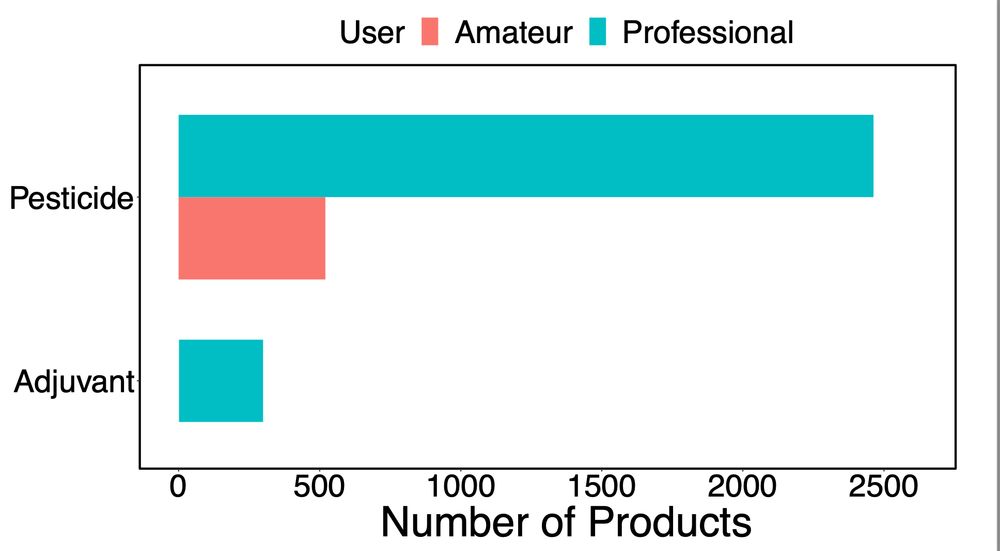
We report, for the first time, the scale of how many different pesticides are on sale in the UK and Ireland.
Nearly 2,500 different pesticides are on sale in the UK, from 266 different active ingredients.
doi.org/10.1016/j.di...
Many are approved for longer than is allowed, or repeatedly re-approved, stretching the definition of emergency!
doi.org/10.1016/j.sc...
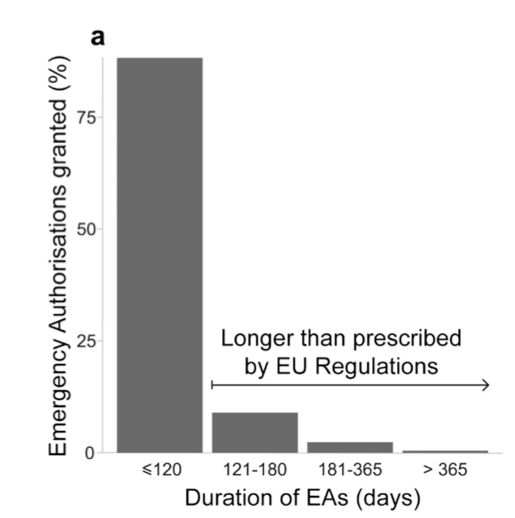
Many are approved for longer than is allowed, or repeatedly re-approved, stretching the definition of emergency!
doi.org/10.1016/j.sc...
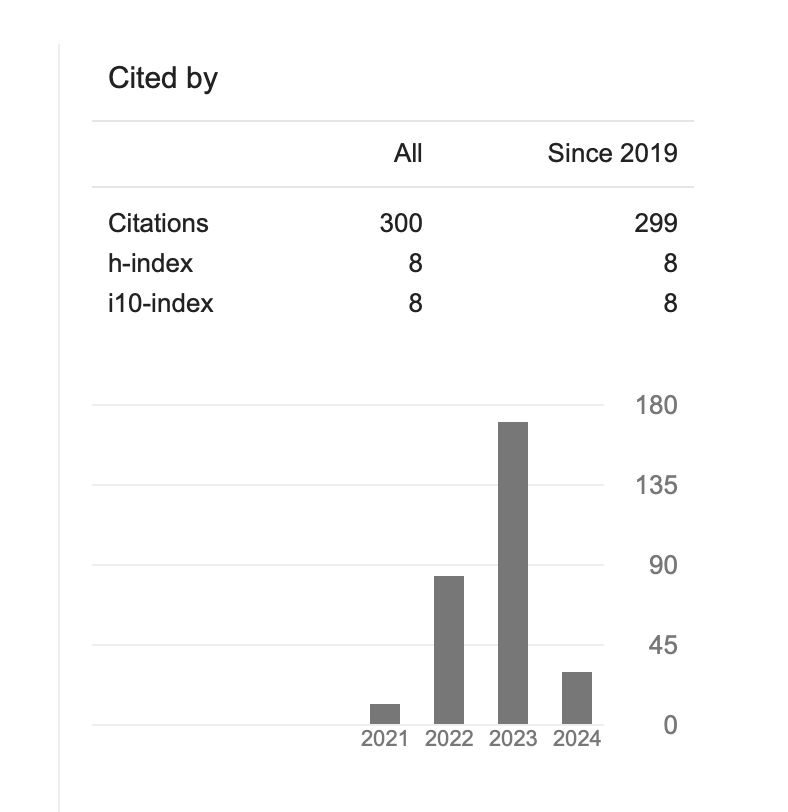
Example: Each of these acronyms is only used in this specific table, and there's clearly enough room to expand the acronyms into full text.
UAMPHTR,FNBAA: Using acronyms makes papers harder to read, for no benefit at all.

Example: Each of these acronyms is only used in this specific table, and there's clearly enough room to expand the acronyms into full text.
UAMPHTR,FNBAA: Using acronyms makes papers harder to read, for no benefit at all.
doi.org/10.1016/j.envsci.2024.103701

doi.org/10.1016/j.envsci.2024.103701


14/16

14/16
doi.org/10.1002/etc....
9/16

doi.org/10.1002/etc....
9/16
doi.org/10.1016/j.sc...
and
doi.org/10.1016/j.he...
5/16

doi.org/10.1016/j.sc...
and
doi.org/10.1016/j.he...
5/16

and adjuvant impacts on bees is Proceedings Of The Royal Society: B’s most cited paper of 2022.

and adjuvant impacts on bees is Proceedings Of The Royal Society: B’s most cited paper of 2022.

We counted the number of pesticide formulations in the UK and Ireland finding a whopping 2,463 formulations in the UK alone!
chemrxiv.org/engage/chemr...

We counted the number of pesticide formulations in the UK and Ireland finding a whopping 2,463 formulations in the UK alone!
chemrxiv.org/engage/chemr...
Seriously though, there's some cool science I want to do, please give me money.

Seriously though, there's some cool science I want to do, please give me money.


